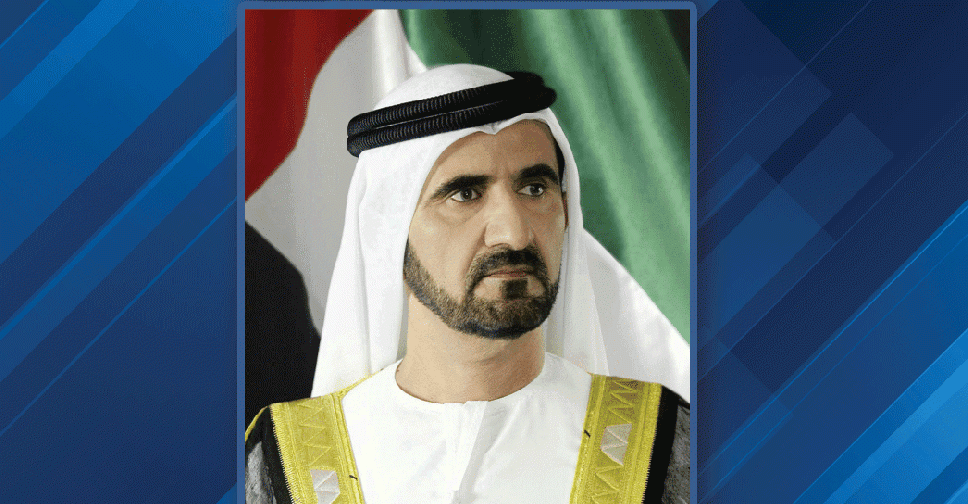
His Highness Sheikh Mohammed bin Rashid Al Maktoum, Vice President and Prime Minister of the UAE and Ruler of Dubai, has touted the country’s achievements in non-oil foreign trade as it reached a record high of AED 3.5 trillion ($952.93 billion) in 2023.
Taking to his official social media channels, Sheikh Mohammed said the UAE delivered on its promise of making 2023 a “record economic year” despite the United Nations Conference on Trade and Development reporting a “global downturn in international trade movement”.
Sheikh Mohammed added how the country established “new bridges of cooperation through comprehensive partnership agreements. Thus, our foreign trade with the top 10 trading partners jumped by 26 per cent, with Turkey by more than 103 per cent, with Hong Kong-China by 47 per cent, and with the USA by 20 per cent.”
“The UAE today is at the heart of the international trade movement,” His Highness stressed, adding that the country’s “motto will remain that we say what we do and do what we say”.
كل صباح في دولة الإمارات يحمل إنجازاً جديداً بحمدالله … حيث وصلتنا اليوم أرقام تجارتنا الخارجية غير النفطية من السلع والخدمات والتي بلغت مستوى جديد بلغ 3.5 تريليون درهم في 2023 وذلك لأول مرة في تاريخ الدولة الاقتصادي رغم التراجع العالمي في حركة التجارة الدولية حسب تقارير مؤتمر…
— HH Sheikh Mohammed (@HHShkMohd) February 18, 2024
The record growth of the country’s non-oil foreign trade coincided with a continuous increase in the value of non-oil exports in 2023, exceeding AED441 billion ($120billion), with a growth rate of 16.7 per cent compared to 2022.
The contribution of non-oil exports of goods to the country’s overall foreign trade increased to 17.1 per cent, up from 14.1 per cent in 2019 and 13 per cent in 2018.
The record growth in both total foreign trade and non-oil exports was accompanied by a similar increase in re-exports, which hit AED 690 billion ($188 billion), a growth of 6.9 per cent compared to 2022 and a growth rate of 27.7 per cent compared to 2021.
Imports also increased to AED1.4 trillion ($380billion), a growth of 14.2 per cent compared to 2022. The top 10 imported commodities achieved a growth of 20.9 per cent in 2023 compared to 2022, and the rest of the commodities grew by 6.3 per cent. The most important imported commodities are gold, telephones, petroleum oils, cars and diamonds.
In 2023, the UAE’s services trade surplus grew to AED 207 billion, up from AED 96.26 billion in 2021, indicating a continued increase in its share of global service exports. Key sectors such as travel and tourism, ICT, professional and financial services, education, medical tourism, Islamic financial services, the creative economy, and logistics saw a significant contribution to this growth.
Non-oil exports to the top 10 partners grew by 26.9 per cent, with Turkey accounting for nearly 60 percent of UAE’s exports in the last five months of 2023 – and underlining the impact of the Comprehensive Economic Partnership Agreement which came into force in September. India was the second-largest recipient of UAE exports.
China remained the UAE’s leading trading partner, followed by India, the US, Saudi Arabia and Turkey. The next five were Iraq, Switzerland, Hong Kong, Japan, and Oman.




